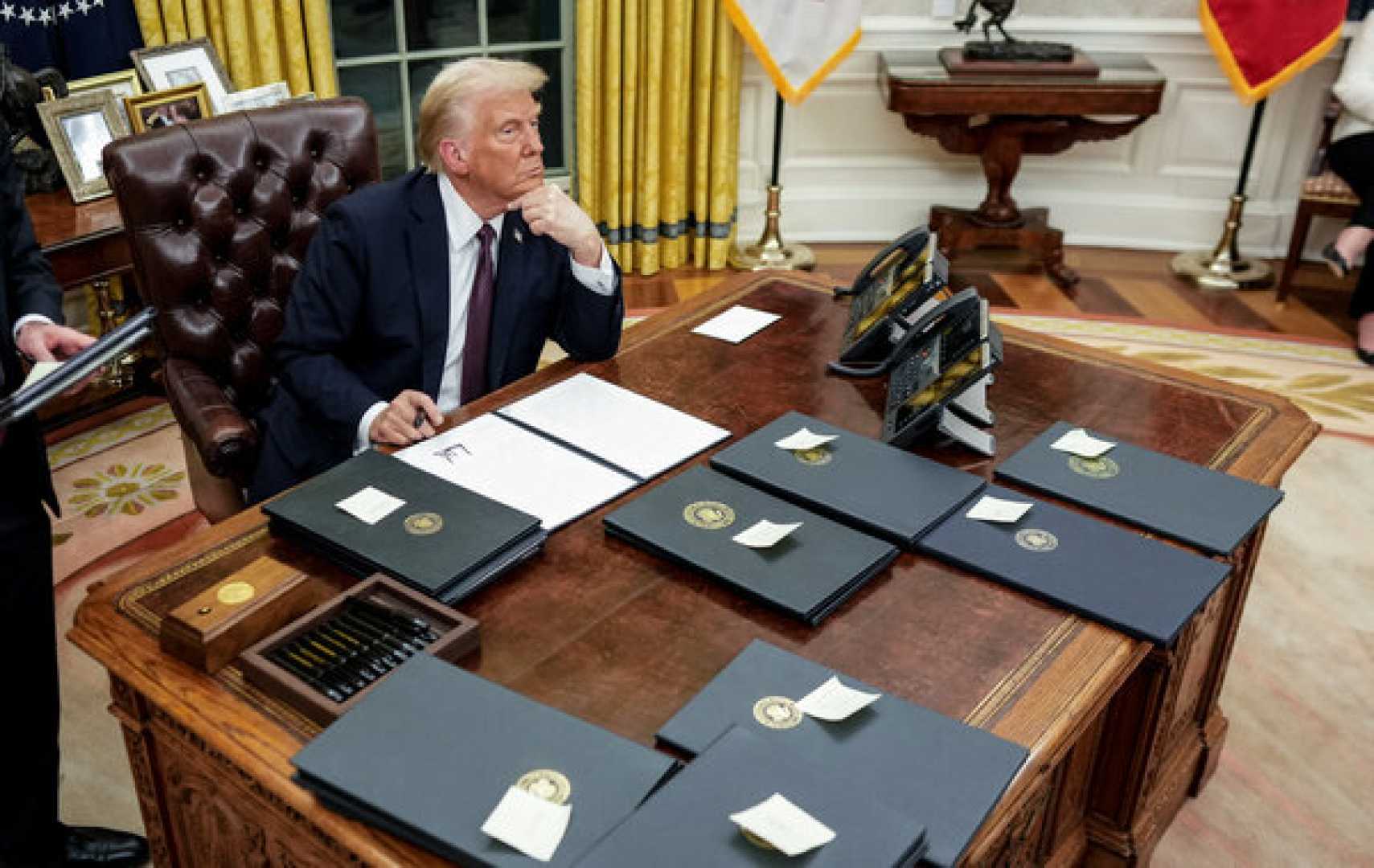Politics
Supreme Court to Hear Trump’s Challenge on Birthright Citizenship

Washington, D.C. — The U.S. Supreme Court is set to hear arguments on May 15 regarding President Donald Trump‘s attempt to end birthright citizenship, a controversial policy affecting children born in the U.S. to non-citizen parents. This case marks the first major challenge to Trump’s policies in his second term, with implications for various legal battles faced by his administration.
Trump’s administration contends that the courts overseeing challenges to his birthright citizenship executive order lacked the authority to issue nationwide injunctions. Lower courts have argued that the executive order violates the 14th Amendment, which guarantees citizenship to anyone born on U.S. soil. Current legal proceedings have paused the policy’s implementation nationwide while the appeals are ongoing.
The administration is specifically requesting that the injunctions apply only to the parties involved in the lawsuits, which include 22 states, various organizations, and individual plaintiffs who oppose the executive order. A decision in favor of Trump could allow the administration to partially enforce the policy, which intends to remove automatic citizenship for children born in the U.S. if their parents are undocumented or in the country temporarily.
“This is an important moment for our administration,” a senior official said, expressing confidence as the case heads to the high court. However, legal experts suggest the justices may not favor Trump’s policy, casting doubt on the administration’s chances of success.
Critics argue that limiting the range of the injunctions may fuel many complications, including potential discrepancies in citizenship status based on parental immigration status, leading to significant administrative challenges for states.
Legal experts note that the high court’s decision could impact not only the current challenges to Trump’s birthright citizenship executive order but also set a precedent for future use of universal injunctions. Several justices have previously raised questions about the appropriateness of such sweeping judicial remedies.
The Supreme Court’s ruling is highly anticipated, as it could substantially change the landscape for executive power and judicial limits on policies. This case underscores broader debates surrounding immigration, executive authority, and constitutional interpretation, showing the intricate relationships between branches of government.
The public will be closely watching the court’s proceedings, set to hear a range of arguments on the implications for the birthright citizenship policy and the authority of lower courts to block presidential actions.












